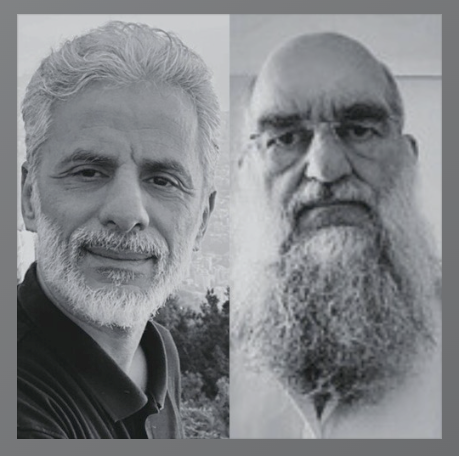Sustainable Development Goals
Satellite Data as a Catalyst for Change

22 January 2024
Council for Scientific and Industrial Research
English
Podcast
Council for Scientific and Industrial Research
Africa
In this podcast, hosted by Shaily Gandhi in the Open Geo AI series of the CEPT Research and Development Foundation (CRDF), speakers Wael Al-Delaimy and Antony Cooper discuss the interconnected realms of Sustainable Development Goals (SDG) 3 and 13, delving into the intricate links and synergies between them. Uncover the health impacts of climate change, ranging from direct challenges like heat stress and extreme weather events to indirect consequences such as the spread of disease vectors and food insecurity. The podcast provides an insightful overview of satellite data, examining multispectral and hyperspectral sensors and passive and active recording methods. Dive into the nuances of calibration, georeferencing, and image processing techniques like classification and object-based image analysis for addressing SDG Goals 3 and 13. Join us for a deep dive into the dynamic intersections of health, climate, and satellite technology.
Shaily Gandhi is the Deputy Center Head of the Center for Applied Geomatics at CEPT Research and Development Foundation, India. She contributes to important research projects as a data scientist and GIS expert with different centers at CRDF and has expertise in bridging the gap between GIS & governance. She was selected as one of the Geospatial World 50 Rising Stars for the year 2023; is an executive committee member for the Committee on Data (CODATA) of the International Science Council (ISC) and is Joint Secretary of ISRS and ISG, Ahmedabad Chapter. Shaily has a Doctorate from CEPT University Ahmedabad.
Wael Al-Delaimy is a professor of Public Health at the University of California Herbert Wertheim School of Public Health, USA. He is a multidisciplinary chronic diseases epidemiologist working with vulnerable communities locally and globally, focusing on climate change, mental health, and research ethics. He directs four large federal programs on climate change, training of community health workers, and research ethics, as well as a state-wide evaluation program for tobacco control among American Indians in California. He is the Director of the NIH Newly Funded Global Center on Climate Change and Water, Energy, Food, and Health Systems and Joint Director of the Geo Health Hub on Climate and Health in the Middle East and North Africa. His work on climate change involves global capacity building, health policy, and the role of water and climate variables on health.
Antony K Cooper is a Principal Researcher at the CSIR, South Africa, and an Extraordinary Lecturer at the University of Pretoria. He holds a PhD and is a Registered Professional GISc Practitioner (PGP). With over 38 years of multidisciplinary experience, his recent activities cover geographical information science theory and applications, standards, urban futures, the circular economy, spatial data infrastructures, volunteered geographical information, crime science, terminology and ethics. Antony has published extensively and held leadership positions in ISO/TC 211, Geographic Information/Geomatics, the International Cartographic Association, CODATA and South Africa’s Committee for Spatial Information.
Abstract based on source.


Comments